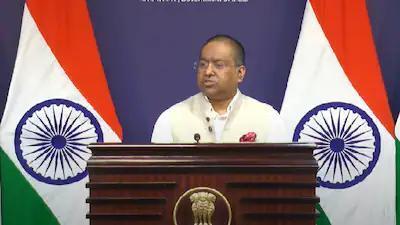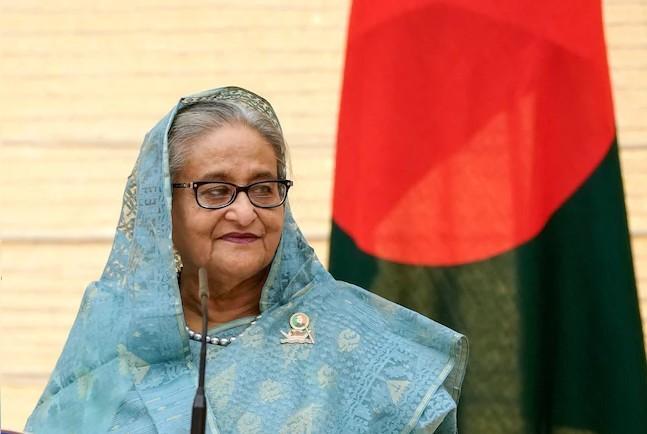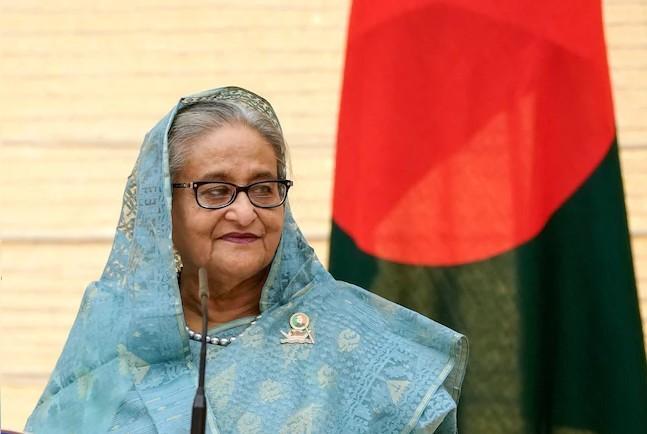
India Dismisses UK Report Accusing it of Transnational Repression
In a recent development, India has dismissed a report by the UK parliamentary committee accusing it of being involved in transnational repression (TNR) activities in the UK. The report, which also includes China, Russia, and Iran, has been met with strong denials from the Indian government, with officials terming the allegations as “baseless” and “stemming from unverified and dubious sources”.
The UK parliamentary committee’s report, which was released on Friday, alleged that India was involved in a range of activities including surveillance, intimidation, and violence against individuals and groups critical of its policies. The report claimed that India was using its diplomatic missions and intelligence agencies to target individuals and groups who were deemed to be a threat to its interests.
However, the Indian government has categorically rejected the report, with MEA Spokesperson Randhir Jaiswal stating, “We have seen references to India in the report and categorically reject these baseless allegations. These claims stem from unverified and dubious sources.” Jaiswal’s statement was clear and unequivocal, leaving no room for doubt about the Indian government’s stance on the matter.
It is worth noting that India has been accused of human rights abuses and political repression in the past, particularly with regards to its handling of the Kashmir dispute and its treatment of minority groups such as Muslims and Christians. However, these allegations have been strongly denied by the Indian government, which has argued that its actions are necessary to maintain national security and stability.
The UK parliamentary committee’s report is not an isolated incident. There have been several other reports and investigations in recent years that have accused India of engaging in transnational repression. For example, a report by Human Rights Watch in 2020 alleged that India was using its diplomatic missions to target human rights activists and journalists who were critical of its policies.
Similarly, a report by the US-based watchdog organization, Freedom House, in 2019 claimed that India was experiencing a decline in its democracy and human rights, citing the government’s crackdown on dissent and its treatment of minority groups.
Despite these allegations, the Indian government has maintained that it is a democratic country that respects the rights and freedoms of its citizens. However, critics argue that the government’s actions are often motivated by a desire to maintain its power and control, rather than a genuine commitment to human rights and democracy.
In conclusion, the Indian government’s dismissal of the UK parliamentary committee’s report accusing it of transnational repression is a clear indication that the allegations are baseless and without merit. While there may be legitimate concerns about India’s human rights record, the government’s denial of these allegations suggests that it is committed to maintaining its reputation as a democratic country that respects the rights and freedoms of its citizens.
Source:




